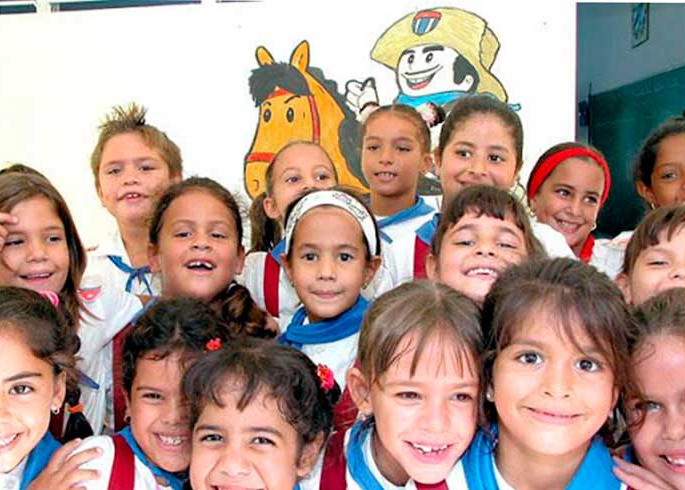
descriptiva
Havana, February 14 (RHC)-- The new Cuban Family Code draft guarantees minors' progressive capacity, their right to be heard, and the duty to take their opinions into account, experts assured on Monday.
The doctor in Legal Sciences and professor of Civil Law at the University of Matanzas, Yairis Arencibia, highlighted that the legal norm, submitted to widespread consultation in Cuba until next April, grants children a legal status in correspondence with the postulates of the United Nations Convention on the Rights of the Child.
One of the essential prerogatives established by the legal body lies in the responsible exercise of their sexual and reproductive rights.
In this regard, the expert insisted that it is a subject widely studied in the national and international arena since there is a tendency in society for parents and guardians to suppress minors' will under the argument of lack of maturity or alleged ignorance about these issues.
In an article published in Cubadebate, Arencibia highlighted the importance of children and adolescents having access to scientific information and education on aspects related to their sexuality or reproduction, which was even echoed by international jurisprudence.
In this way, the minors may be able to understand the expressions of their sexuality better, face the changes that occur in their body and their psyche, fundamentally during adolescence, and express their opinions regarding how they wish to project themselves in this sphere of their life, the article warns.
In addition, she explained that to clarify between different interests which one is more in line with the child's interests, one must opt for the decision that allows the verification of the most significant possible number of their rights.
Arencibia, who is also vice dean for Research and Postgraduate Studies at the Faculty of Social Sciences and Humanities at the University of Matanzas, praised the intention of the editors of the draft Family Code to take into account the rights of children to information on how to grow up in a violence-free environment, on identity and family communication.
The text alludes to the fact that the essential responsibility for minors corresponds primarily to the family, for which the existence of safe environments is necessary, and institutional roles are equally relevant.
The paradigm shift lies in transforming the way of appreciating, representing, and acknowledging the needs of children, for which not only the parents but also the rest of the family, society, and the State are responsible, Arencibia stressed.

